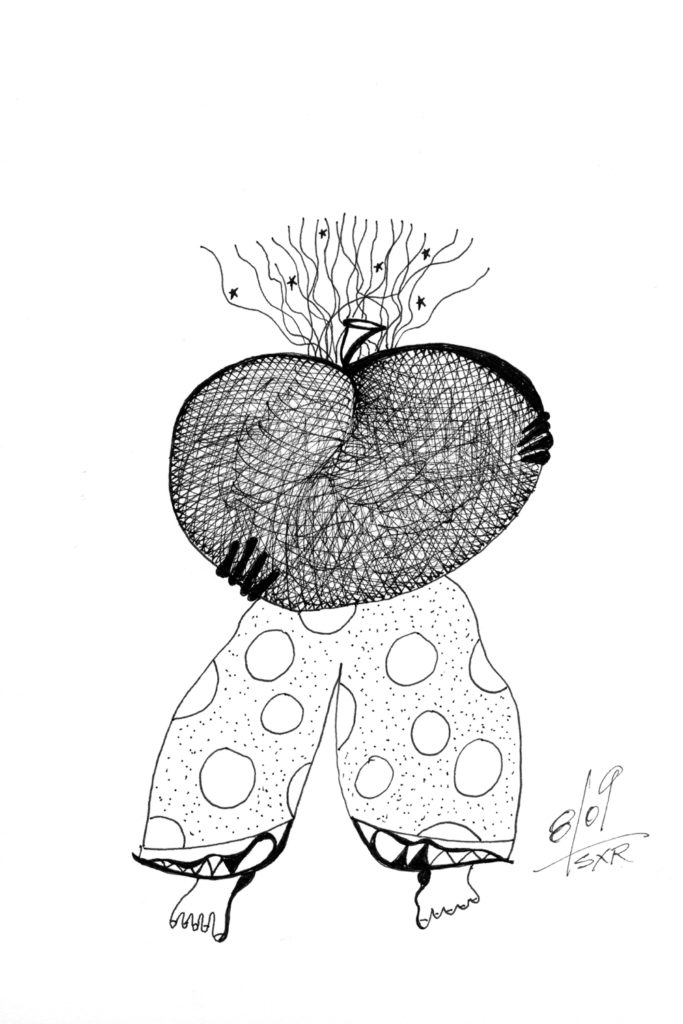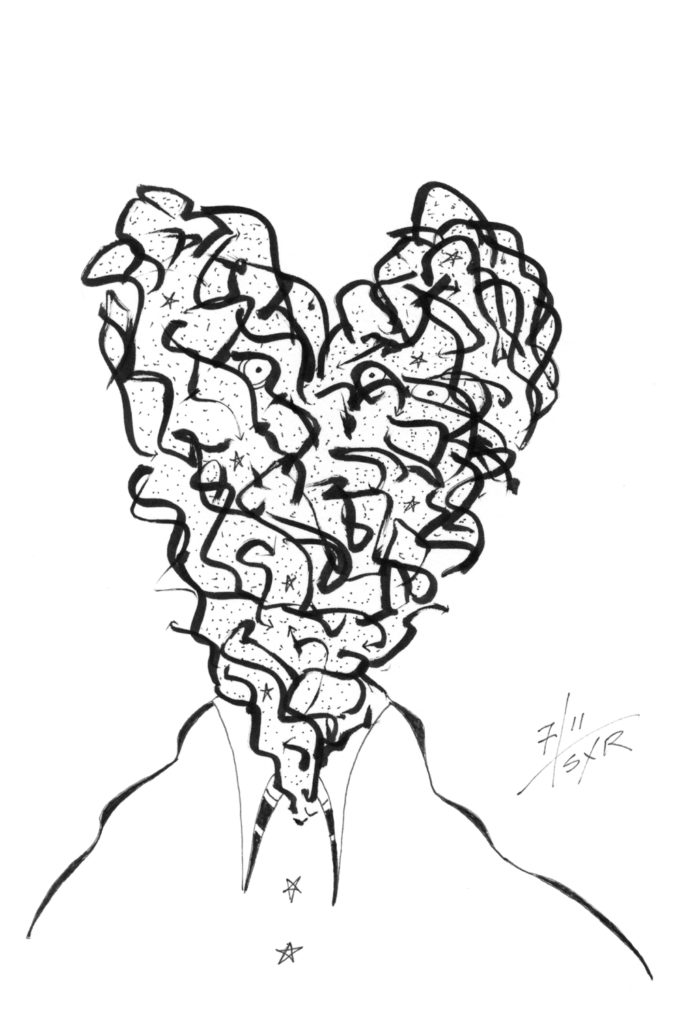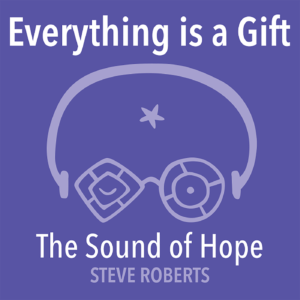
To what extent are some members of the opposing sides in the Charlottesville, Virginia confrontation the same in their hatred? How much are each virulent in their disdain for what they feel the other represents? How are the lives of each compromised by these feelings? How is our society’s health diminished?
I’m sure that some members of the resistance to white supremacy, of which I am one, live the non-violent principles of the civil rights workers of the 1960’s, which I do, not well, but aspire to. These principles include that to truly act in a non-violent way, one must remove violence from one’s heart.
My sense is that most people with that capacity have the benefit of some serious training, whether in this life or a previous one. The rest of us, less skilled at returning love for hate, are more susceptible to being outraged by that which we consider vile. In the case of Charlottesville, we may find ourselves hating the haters. And hey, we can easily justify this reaction because, after all, we’re on the side of the angels and those assholes are not.
The self-destructiveness of that response is what some of us may have in common with those whose beliefs and actions we abhor. I’ve never heard of anyone hating their way to happiness, except by learning how limiting hate is. Read More








